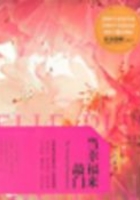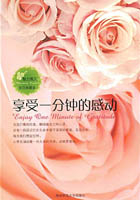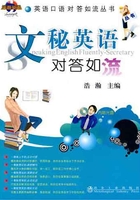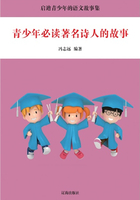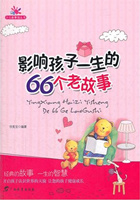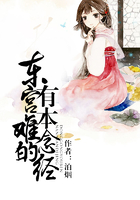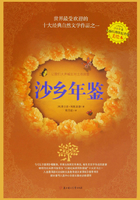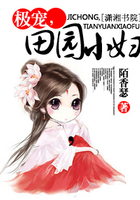Pain and Growth
Looking back over my life, it seems to me that I have learned the most when I felt the greatest pain. My mother’s death, for example, made me more profoundly aware of the beauty in nature. My capacity for finding joy in the most ordinary events (watching a flower open, leaves turning red, a bird taking a bath) seems to deepen each time I live through great sorrow. Death makes life more precious; frustration makes success more fulfilling; failure makes the next accomplishment more meaningful.
In order to feel deeply it is necessary to feel everything. It is impossible to choose. You can’t really know how great is your sense of joy at a baby’s birth or your satisfaction at succeeding at a hard job unless you are also deeply aware of the anguish of separation and the pain of failure. It’s through the capacity to feel that we discover ourselves and others and explore the potential for a full, significant life.
This is an especially crucial issue for parents. Our natural inclination is to try to protect children from pain. We have the mistaken notion that if child is happy we are doing a good job; if a child is sad we are failing as parents. But giving children the message that happiness is good and sadness is terrible decreases their capacity to explore the full range of human experiences.
Children need to understand that suffering, frustration and failure are not only inevitable but helpful. The parent who took a simple puzzle away from a four-year-old— because “he gets too upset and frustrated when he can’t get it right immediately” —did the child a great disservice. Children need to experience such feelings as they grow up; it helps them to develop the patience, persistence and ability to cope with what they’ll need when a scientific experiment fails, or a low grade is received after diligent study. There is nothing so terrible about failing and feeling pain; what hurts in the long run is not trying because of the fear of pain.
回顾我的一生,似乎那些让我觉得最受伤的事情给了我最多的启示。比如,妈妈的死让我更深刻地感知到自然中的美丽。每一次我从极大的悲痛中挣扎出来,似乎我在最寻常的事物(赏花开,观叶红,看鸟浴)中发现欢乐的能力就越强。死亡让生命更加珍贵;挫折让成功更加完美;而失败也让下一次的成就意义更加深刻。
要感受深刻,用心去感受一切是必需的。除此之外,别无选择。除非你深深地理解分娩的疼痛,否则你不会真正领悟新生命诞生的极大喜悦;除非你深深地理解失败的痛苦,否则你就不能真正地领悟完成艰巨任务后的满足感。我们用这种感知的能力,去发现和探测自己和他人的完整而意义重大的人生。
这是父母们的一个特别的、至关重要的课题。保护孩子不受伤害,这是做父母的天性。我们错误的认为,如果孩子幸福父母就做得称职,如果孩子不幸福,那么父母就做得很失败。但是父母给孩子的这种信号——幸福就是好,悲伤就是糟糕,降低了孩子们探索全部人生阅历的能力。
孩子们需要懂得苦难、挫折、失败不仅仅是不可避免的,也是有益的。父母从4岁孩子的手中拿走他的智力玩具,因为“当他不能快速而准确的做好时,他就会灰心丧气”,这给孩子造成了极大的伤害。在孩子的成长过程中,孩子需要去感受这样的经历,这有助于孩子的耐性、毅力和能力的培养,这正是他们在科学实验失败时,在艰苦的努力换来低回报时所需要的品质。经受失败和感受痛苦并不可怕;从长远来说,真正的痛苦是因害怕痛苦而拒绝尝试。
1. My capacity for______ joy in the most ordinary events (watching a flower ______, leaves turning red, a bird taking a bath) seems to deepen each time I ______through great sorrow. Death makes life more precious; frustration makes_________ more fulfilling; failure makes the next accomplishment _______meaningful.
2. You can’t really know how is your sense of joy at a baby’s or your satisfaction at succeeding at a hard job you are also deeply aware of the anguish of separation and the pain of failure.
1. 回顾我的一生,似乎那些让我觉得最受伤的事情给了我最多的启示。
2. 要感受深刻,用心去感受一切是必需的。
3. 孩子们需要懂得苦难、挫折、失败不仅仅是不可避免的,也是有益的。
1. In order to feel deeply it is necessary to feel everything.
in order to:为了
2. Children need to experience such feelings as they grow up...
grow up:成长,逐渐形成

